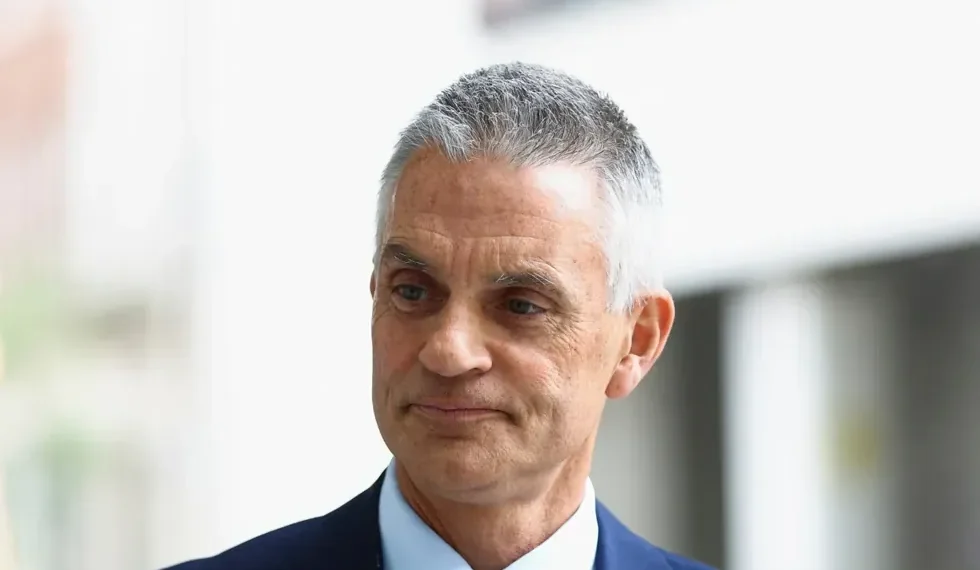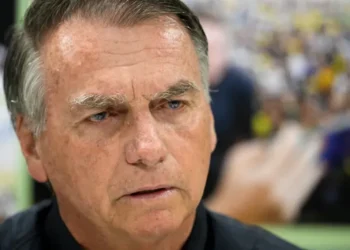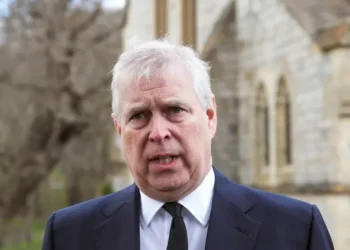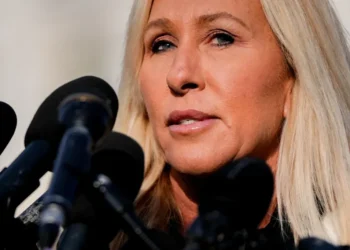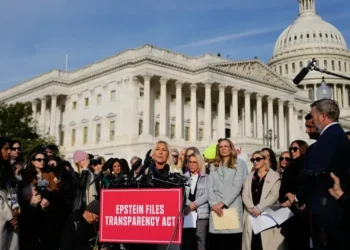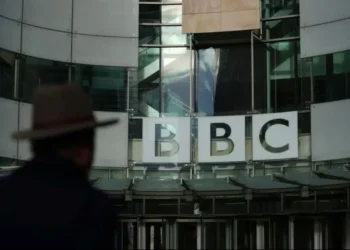LONDON — The British Broadcasting Corporation (BBC) has entered a period of significant upheaval following the resignations of its two top executives amid criticism over the broadcaster’s handling of a speech by former U.S. President Donald Trump.
BBC Director-General Tim Davie and News and Current Affairs CEO Deborah Turness both announced their departures on Sunday after mounting pressure over the editing of a Trump address featured in a BBC documentary.
The controversy centers on a segment of Trump’s January 6, 2021 speech — delivered shortly before his supporters stormed the U.S. Capitol — which critics claim was edited in a misleading way that omitted his call for supporters to “peacefully” demonstrate.
Leadership Accountability and Institutional Responsibility
In a letter to BBC staff, Davie, who led the corporation for five years, said his decision to step down was made independently.
“Overall, the BBC is delivering well, but there have been some mistakes made and as director-general, I have to take ultimate responsibility,” Davie wrote. He added that he would coordinate with the BBC Board to ensure “an orderly transition to a successor over the coming months.”
Turness, who had led BBC News since 2022, also cited the growing impact of the controversy. “The situation has reached a stage where it is causing damage to the BBC — an institution that I love,” she said in a message to staff. “In public life, leaders need to be fully accountable, and that is why I am stepping down.”
She emphasized, however, that “recent allegations that BBC News is institutionally biased are wrong,” acknowledging that “mistakes have been made” but rejecting broader claims of systemic prejudice.
Political Fallout and Trump’s Reaction
The issue gained international traction after Trump shared a link on his Truth Social platform to a Daily Telegraph article criticizing the BBC’s edit. In his post, Trump thanked the newspaper “for exposing these Corrupt ‘Journalists,’” calling the editing “a terrible thing for Democracy.”
White House Press Secretary Karoline Leavitt weighed in on X (formerly Twitter), posting an image juxtaposing headlines about Trump’s criticism of the BBC and Davie’s resignation, captioned “shot” and “chaser.”
The incident has become the latest flashpoint in the former president’s ongoing campaign against major news outlets, which he frequently labels as “fake news.”
Mounting Pressure and Broader Scrutiny of the BBC
The controversy escalated after The Telegraph published portions of an internal review compiled by communications consultant Michael Prescott, who was hired to advise the BBC on editorial standards and impartiality.
The review not only raised concerns about the Trump documentary but also criticized the broadcaster’s coverage of transgender issues and alleged bias against Israel within its Arabic-language service.
The BBC — founded in 1922 and funded primarily through a public license fee — has long faced political and media scrutiny due to its dual role as both a national institution and an independent news organization. Every UK household with a television pays £174.50 (about $230) annually to support the broadcaster’s operations.
A National Institution Under Pressure
The BBC’s vast programming spans entertainment, sports, and educational content across television, radio, and digital platforms. Yet its news division remains its most controversial arm, frequently accused of bias from across the political spectrum.
Conservative politicians often allege a left-leaning agenda, while some liberal critics claim the broadcaster has drifted toward conservative viewpoints.
In recent months, the BBC has also faced criticism for its coverage of the Israel-Hamas conflict in Gaza. In February, the broadcaster removed a documentary after reports surfaced that its child narrator was related to a Hamas official.
Political Reactions in the United Kingdom
The leadership departures triggered swift responses from across the UK political landscape. Kemi Badenoch, leader of the opposition Conservative Party, accused the BBC of “institutional bias” and called for “genuine reform of the culture of the BBC, top to bottom.”
Meanwhile, Lisa Nandy, the minister responsible for media under Britain’s centre-left Labour government, thanked Davie for his service and reaffirmed the government’s support for the broadcaster.
“Now more than ever, the need for trusted news and high-quality programming is essential to our democratic and cultural life,” Nandy said. “The government will continue to ensure the BBC remains at the heart of national life for decades to come.”
Future of the BBC and Public Trust
The resignations mark a pivotal moment for the 103-year-old broadcaster, whose reputation for impartiality and public trust has been a cornerstone of its global influence.
Analysts say the twin resignations underscore the challenges facing publicly funded media in an era of political polarization, misinformation, and social media scrutiny.
As the BBC begins its search for new leadership, questions remain over how it will navigate the delicate balance between accountability, transparency, and editorial independence in a rapidly evolving media environment.
This article was rewritten by JournosNews.com based on verified reporting from trusted sources. The content has been independently reviewed, fact-checked, and edited for accuracy, neutrality, tone, and global readability in accordance with Google News and AdSense standards.
All opinions, quotes, or statements from contributors, experts, or sourced organizations do not necessarily reflect the views of JournosNews.com. JournosNews.com maintains full editorial independence from any external funders, sponsors, or organizations.
Stay informed with JournosNews.com — your trusted source for verified global reporting and in-depth analysis. Follow us on Google News, BlueSky, and X for real-time updates.
